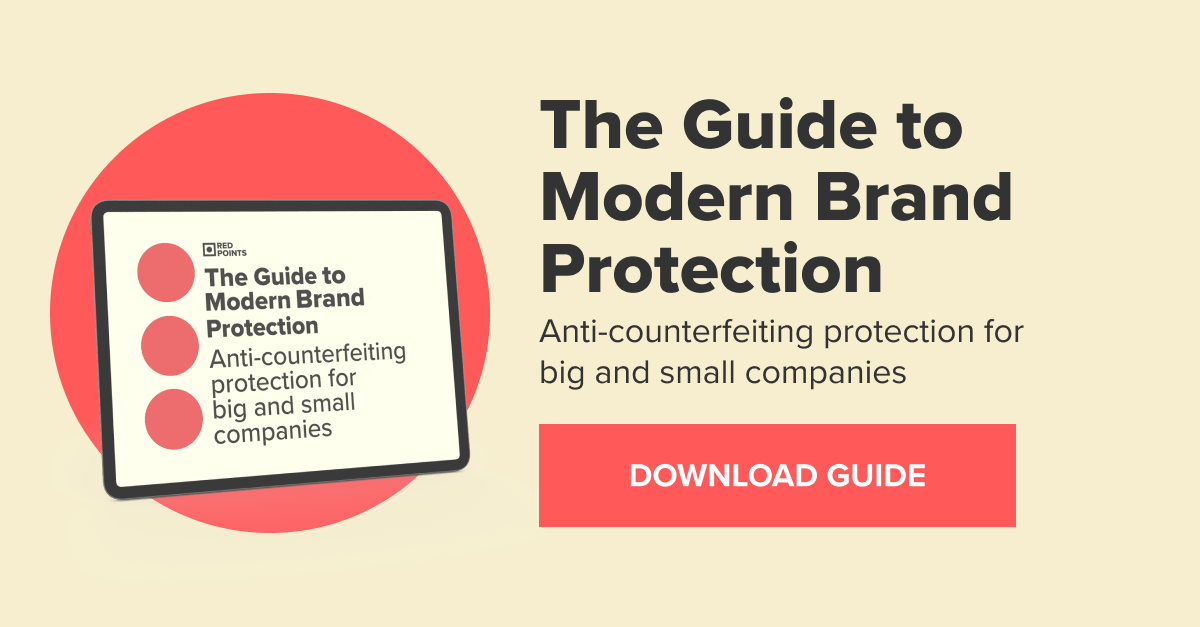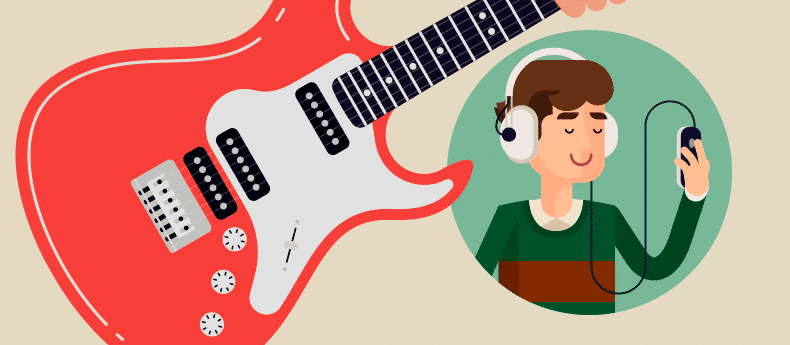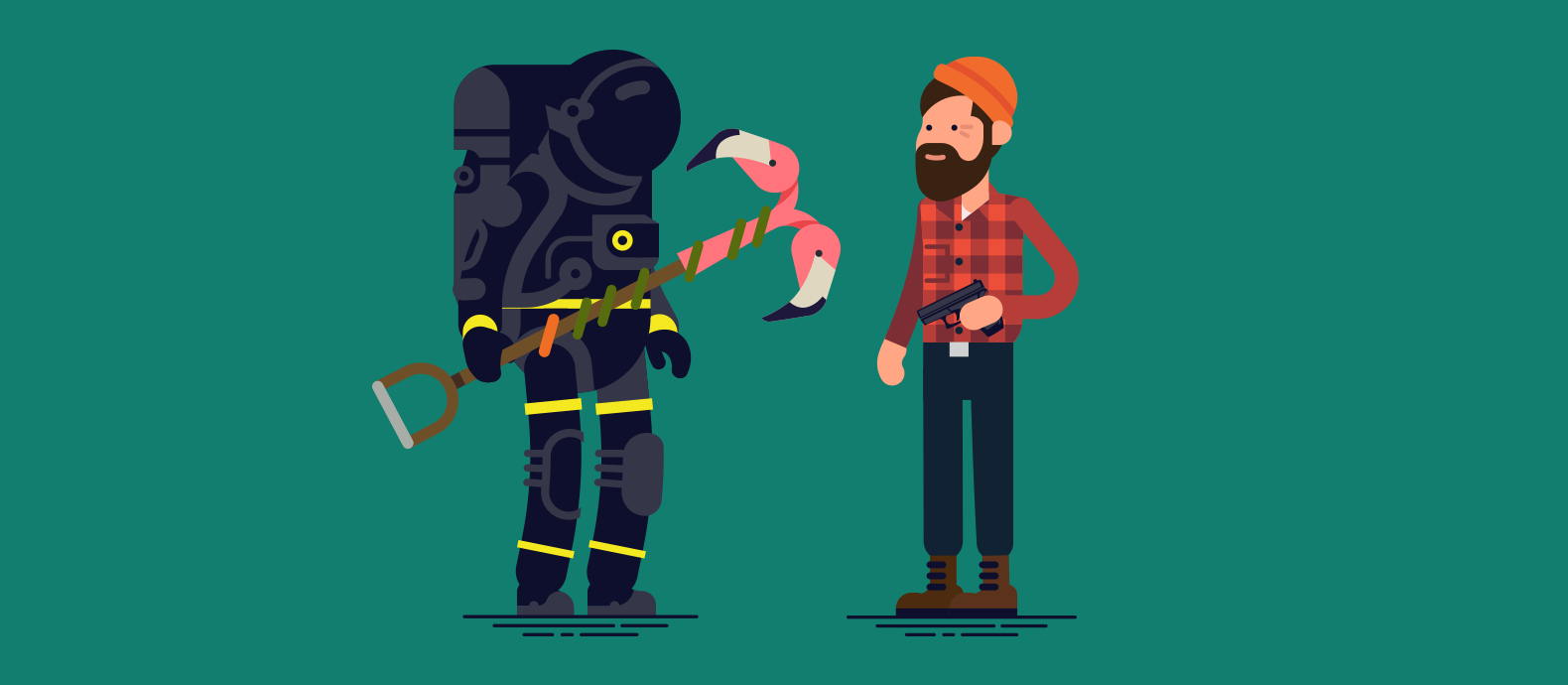From The Rolling Stones to Alt-J, how musicians struggle to protect their trademarks and art from those who want to capitalise on their cool brands.
Walk down any high street in most modern cities, and you can expect to see plenty of people sporting representations of the music they love. That famous black Ramones t-shirt has been just about everywhere for a few years. Perhaps they’re wearing a Beatles book bag, a Slipknot clutch bag or really anything to demonstrate their favourite bands.
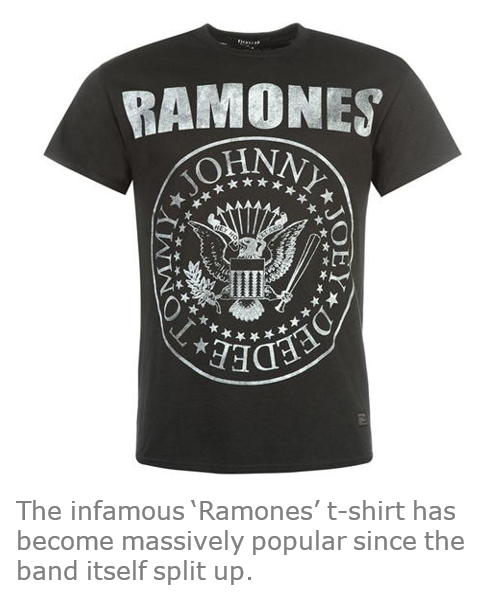
For many of these people, music is an essential part of their life, and they are keen to show their love of these bands wherever they can. Buying albums and attending shows are always reliable methods of support, and so is buying the band’s merchandise; or is it ?
Trademark infringement at the click of a button
What a lot of people don’t know is that many of these items are simply rip-offs. For many bands, trademark registration is not at the forefront of their concerns, but without it, these groups have little defence against those who want to use their logos to sell items. Even groups with registered trademarks find it can be infuriatingly difficult to secure their art and image rights.
Sellers can copy a trademark from a band, stick it on a t-shirt and using sites like eBay, Etsy and Redbubble, selling their items can be child’s play. So, what often starts as an attempt by fans to support their favourite music-makers can soon end up fattening the wallets of bootleggers instead; but this problem is not isolated to small-time producers.
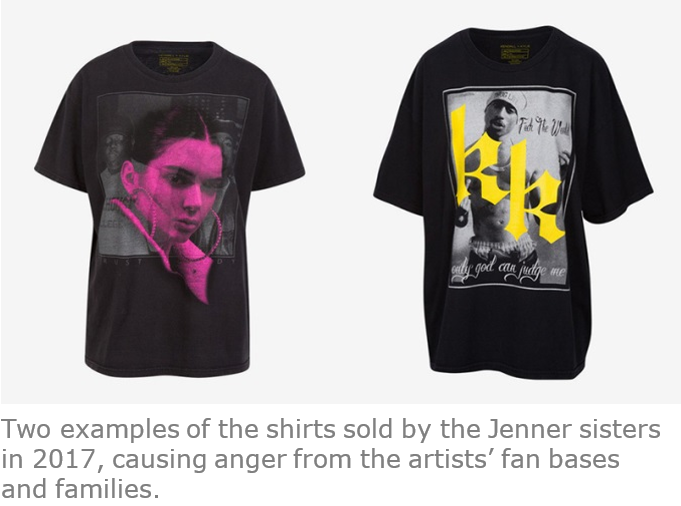
Just a month later, the band Linkin Park, still reeling from the untimely death of lead singer Chester Bennington, had had enough the piracy and took to Twitter to make a stand against ‘scumbag bootleggers’. Many of the more significant artists have teams of legal professionals protecting their brands. The Rolling Stones have one of the most iconic brands in the history of music and vehemently protect their trademark rights. In 2015 the band sued a German fashion label for unauthorised use of their distinguished mouth logo.
Fashion trademark protection could help bands survive
All artists should be able to defend their creations, but the bands mentioned are hardly up-and-coming. What about newer or more niche bands? What ways of defending their fashion trademarks are available to them? Bands and record labels already have enough of a headache trying to sell their merch. Groups who want to set up a merch table at concerts are at the mercy of the venue owners, who often demand a cut of 25% or higher of all the money they make there, with ‘soft’ items like t-shirts and hoodies losing an even larger portion.
Conclusion
So, between outsiders copying these trademarks and eating into the income of musicians, venues nearly holding bands to ransom and the ever-growing presence of online music piracy, one has to wonder what type of environment new musicians are entering when they decide to follow their ambitions in today’s world. Protecting bands’ trademarks would help make music a more viable career for creatives, encouraging fewer musicians to abandon their passion and providing us all with an even greater wealth of music.
